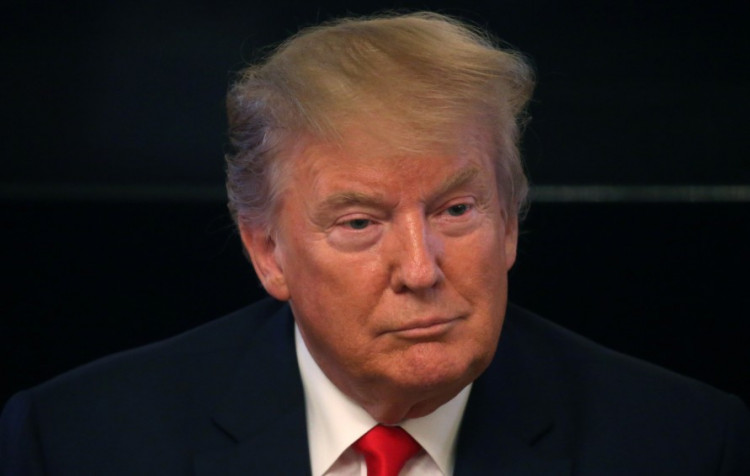Speculation now abounds in Washington that a deal to end Trump's trade war against China won't be reached until after the November 2020 presidential elections after President Donald Trump himself said such a scenario was possible.
Trump on Saturday accused China of using stalling tactics to deny him a deal.
"I think that China will probably say 'let's wait,'" said Trump. "'Let's see if one of these people who give the United States away, let's see if one of them could get elected.'"
Trump also said China might be delaying a deal in a bid to wait him out in the hope a Democrat wins in November 2020.
He said the Chinese leadership is probably thinking, "Maybe we can deal with another dope or another stiff" instead of him.
The White House said on Wednesday that US Treasury Secretary Steven Mnuchin and Trade Representative Robert Lighthizer would meet with Chinese Vice Premier Liu He for talks in Shanghai starting on July 30.
"I don't know if they're going to make a deal," Trump said about his negotiators.
Remarks made on Friday by Larry Kudlow, director of the National Economic Council, reinforced what Trump later said about the bleak prospects for any major breakthroughs coming from U.S.-China trade negotiations to start this week.
"I wouldn't expect any grand deal," said Kudlow to CNBC over the weekend. "Talking to our negotiators, I think they're going to reset the stage and hopefully go back to where the talks left off last May."
Another American trade delegation will to fly to China today (Monday) to pick-up where the failed talks in May left-off. U.S. Treasury Secretary Steve Mnuchin and Trade Representative Robert Lighthizer will meet with Chinese Vice Premier Liu He for talks in Shanghai starting July 30.
This will be the first face-to-face meeting between American and Chinese trade negotiating teams since Trump and Chinese President Xi Jinping agreed at the G-20 summit in June to restart negotiations.
Talks failed anew in May after the U.S. imposed 25 percent tariffs on $250 billion worth of Chinese imports. China retaliated with higher import tariffs of its own. Kudlow claimed 90 percent of a deal had been worked out before talks ended.
Trump blamed the failure solely on China, which he said reneged on previously agreed upon key structural issues such as deep changes to China's economy, intellectual property theft and forced transfers of technology.
"We were doing well then," boasted Kudlow, who wouldn't give odds for the success of this week's talks.






